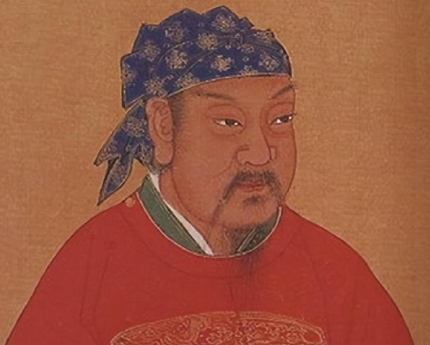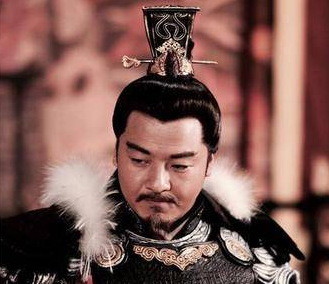As the first unified feudal dynasty in Chinese history, the rise and fall of the Qin Dynasty were full of historical necessity. When discussing the reasons for the fall of the Qin Dynasty, we need to analyze it from the fundamental causes and direct causes.

I. Fundamental Causes of the Fall of the Qin Dynasty
1. Strict Laws and Governance Methods: The Qin Dynasty implemented strict legal governance, maintaining social order through harsh laws and severe punishments. While this high-handed policy ensured social stability to some extent, it also triggered dissatisfaction and rebellion among the people.
2. Overexploitation of Manpower: After unifying the Six Kingdoms, the Qin Dynasty massively recruited labor for wars and the construction of mega-projects such as the Great Wall and the E'pang Palace. This placed a heavy burden on the people, leading to intensified social conflicts.
3. Shortcomings of the Feudal Autocracy: The Qin Dynasty adopted a centralized feudal autocracy, with power highly concentrated in the hands of the emperor. This system lacked effective checks and balances, easily leading to corruption and decadence among the rulers.
4. Stagnation of Ideology and Culture: Emperor Qin Shi Huang burned books and killed Confucian scholars, banning the circulation of various ideologies and cultures. This approach limited the development of ideology and culture, stifling social innovation.
II. Direct Causes of the Fall of the Qin Dynasty
1. Chen Sheng and Wu Guang's Rebellion: During the reign of Qin Ershi, Chen Sheng and Wu Guang were forced to rebel due to their inability to complete the labor tasks assigned by the court. This event became the fuse for the fall of the Qin Dynasty, triggering a nationwide peasant rebellion.
2. Chao Gao's Political Chaos: After gaining power, eunuch Chao Gao became arrogant and tyrannical, eliminating rivals and exacerbating conflicts and chaos within the court. Meanwhile, he tampered with the emperor's testament, allowing Qin Ershi to ascend the throne, further weakening the ruling power of the Qin Dynasty.
3. Rebellion of the Lords in the East: In the late Qin Dynasty, lords in the eastern regions rose up in rebellion, posing a huge threat to the Qin regime. The combined resistance of these lords ultimately led to the collapse of the Qin Dynasty.
III. Conclusion
In summary, the fundamental reasons for the fall of the Qin Dynasty included its strict legal system, overexploitation of manpower, shortcomings of the feudal autocracy, and stagnation of ideology and culture. The direct reasons were the nationwide peasant rebellion led by Chen Sheng and Wu Guang, Chao Gao's political chaos, and the rebellion of the lords in the east. These reasons combined to lead to the collapse of the Qin Dynasty, leaving profound historical lessons for future generations.
Disclaimer: The above content is sourced from the internet and the copyright belongs to the original author. If there is any infringement of your original copyright, please inform us and we will delete the relevant content as soon as possible.
































